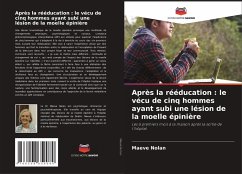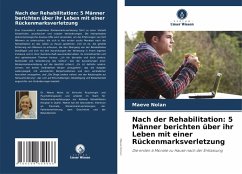
Equine Facilitated Learning/Psychotherapy: Existential IPA Research
A Multi-Modal Research Project with Veterans
Versandkostenfrei!
Versandfertig in 6-10 Tagen
41,99 €
inkl. MwSt.

PAYBACK Punkte
21 °P sammeln!
Equine assisted therapies are difficult to research using evidenced-based measures because of the many independent variables that influence the outcome of the process. One of the themes that runs through most of the literature, from books, press releases, human interest stories, to quasi-experimental studies, is that working with horses is both experiential and existential in nature (Berget & Ihlebaek, 2011; EAGALA, n.d.;Klontz, Bivens, Leinart, & Klontz, 2007; Lipovsky, 2011; McConnell, 2010; PATH, 2012; Peterson, 2010). The unique lived experiences that each person has while participating in...
Equine assisted therapies are difficult to research using evidenced-based measures because of the many independent variables that influence the outcome of the process. One of the themes that runs through most of the literature, from books, press releases, human interest stories, to quasi-experimental studies, is that working with horses is both experiential and existential in nature (Berget & Ihlebaek, 2011; EAGALA, n.d.;Klontz, Bivens, Leinart, & Klontz, 2007; Lipovsky, 2011; McConnell, 2010; PATH, 2012; Peterson, 2010). The unique lived experiences that each person has while participating in equine assisted therapies make it difficult to say for certain whether observed changes are the result of the treatment itself; however, the changes that are observed can be measured using a mixed-methods research approach. This project demonstrates an application of Interpretive Phenomenological Analysis using an Existential Psychology perspective coupled with a quantitative survey with veterans.














